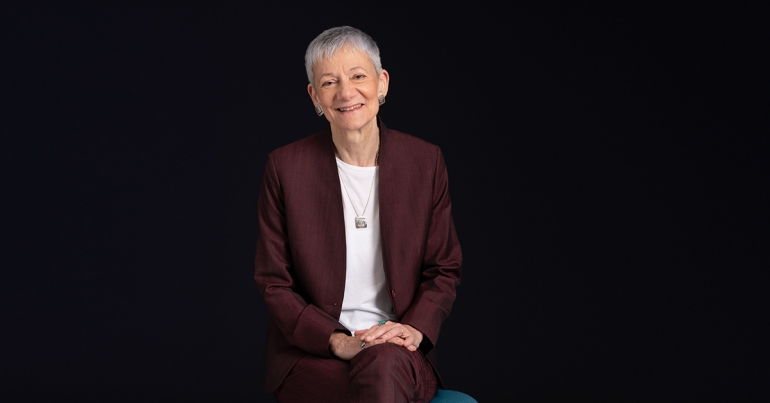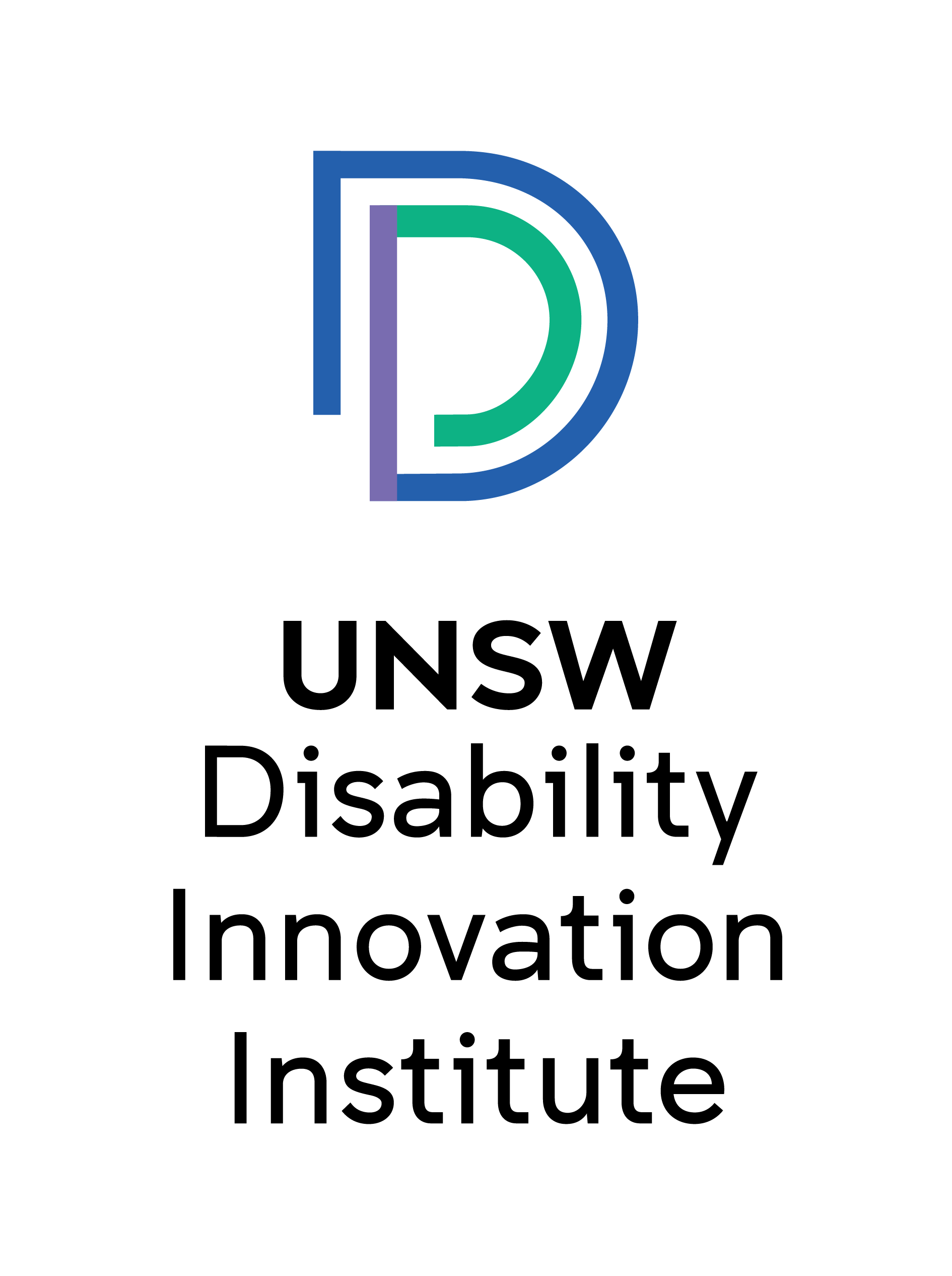Last month we were able to break the news that colleagues from the DIIU and from Sydney Children’s Hospital successfully applied for funding from NSW Ministry of Health to support research into the provision of genetic services to people with intellectual disability. As someone with a career background in physical disability, I was astonished to learn that there has been almost no examination of the perspectives of people with intellectual disability in this area. Even more startling is the fact that there are no educational resources on genetic testing specifically designed for people with intellectual disability anywhere in the world. We hope this pioneering project will go some way to filling this gap. You can read more about it here.
Less positively, the past month has seen growing concern about how Australia’s coronavirus vaccination programme is currently failing people with disability. So serious is this failure that the Royal Commission on Violence, Abuse, Neglect and Exploitation of People with Disability was driven to hold a special hearing on 17 May. We take a look at this emerging and worrying issue here.
One of the DIIU’s key roles is to foster a community of researchers and educators across UNSW who are interested in disability. As part of this, we are currently focusing on building up our longstanding ties with the Disability Scholars Network. This is a loose but vibrant group of Higher Degree Research (HDR) students whose research addresses disability issues, and many of whom live with disability themselves. On 5 May I helped facilitate an informal discussion, primarily involving Network members but open to all, of the recently published collection Growing up Disabled in Australia. The book was edited by Carly Findlay, a writer, speaker and activist who lives with the condition ichthyosis, and the various contributions cover a very wide diversity of disabilities and differences. With some participants physically present and others joining in via Teams, our discussion was prompted by topics that each of us found particularly relevant; they included educational failures some had experienced, the difficulty of inclusion when severe disability raises barriers to communication, the way that ‘belonging’ is tied to ideas of productivity in contemporary society, and the common experience of professionals mistrusting disabled people’s own accounts. I recommend the book to anyone wanting a better insight into the realities of disability, and also look forward to future opportunities to collaborate with the Disability Scholars Network.


